
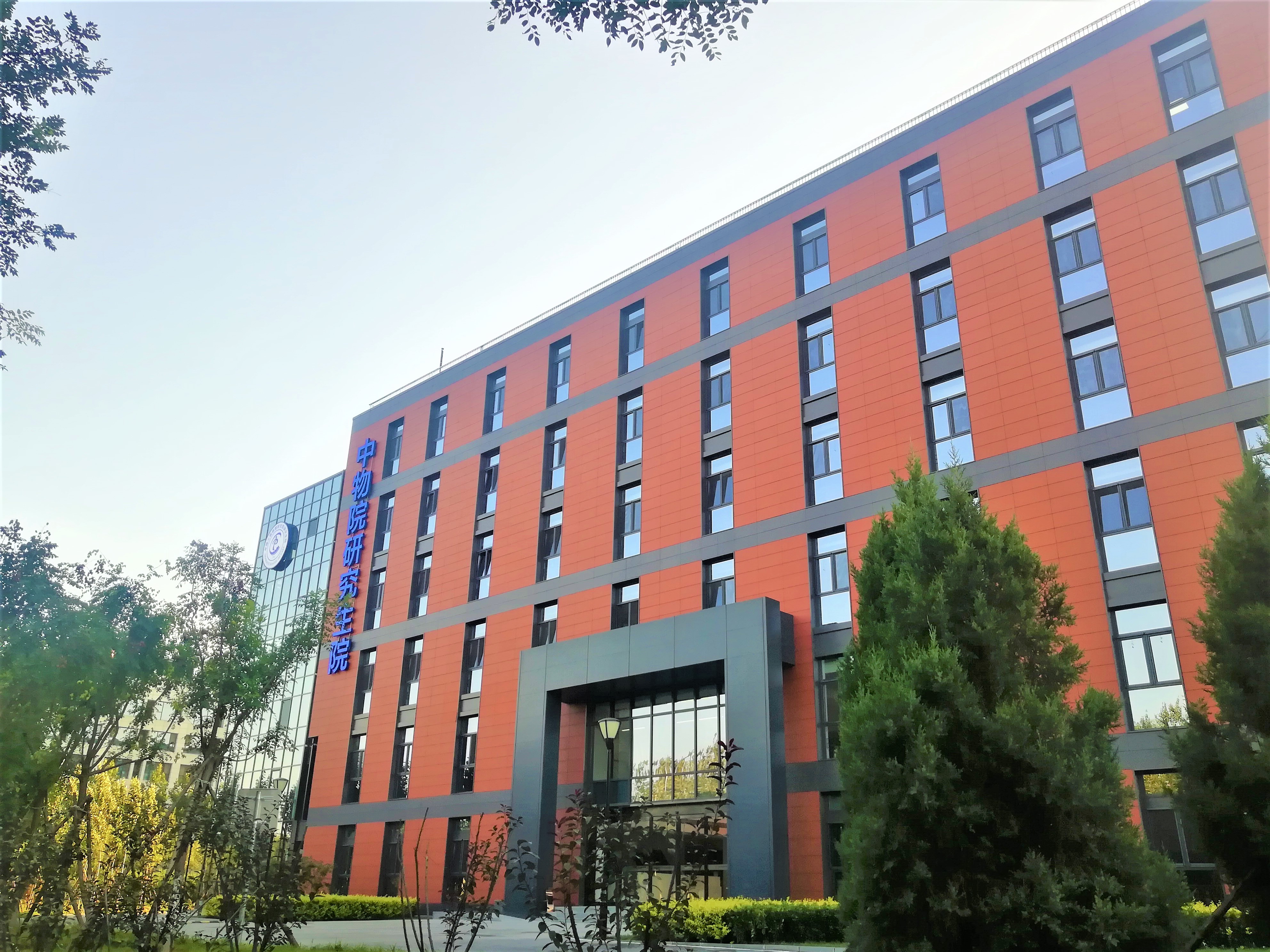
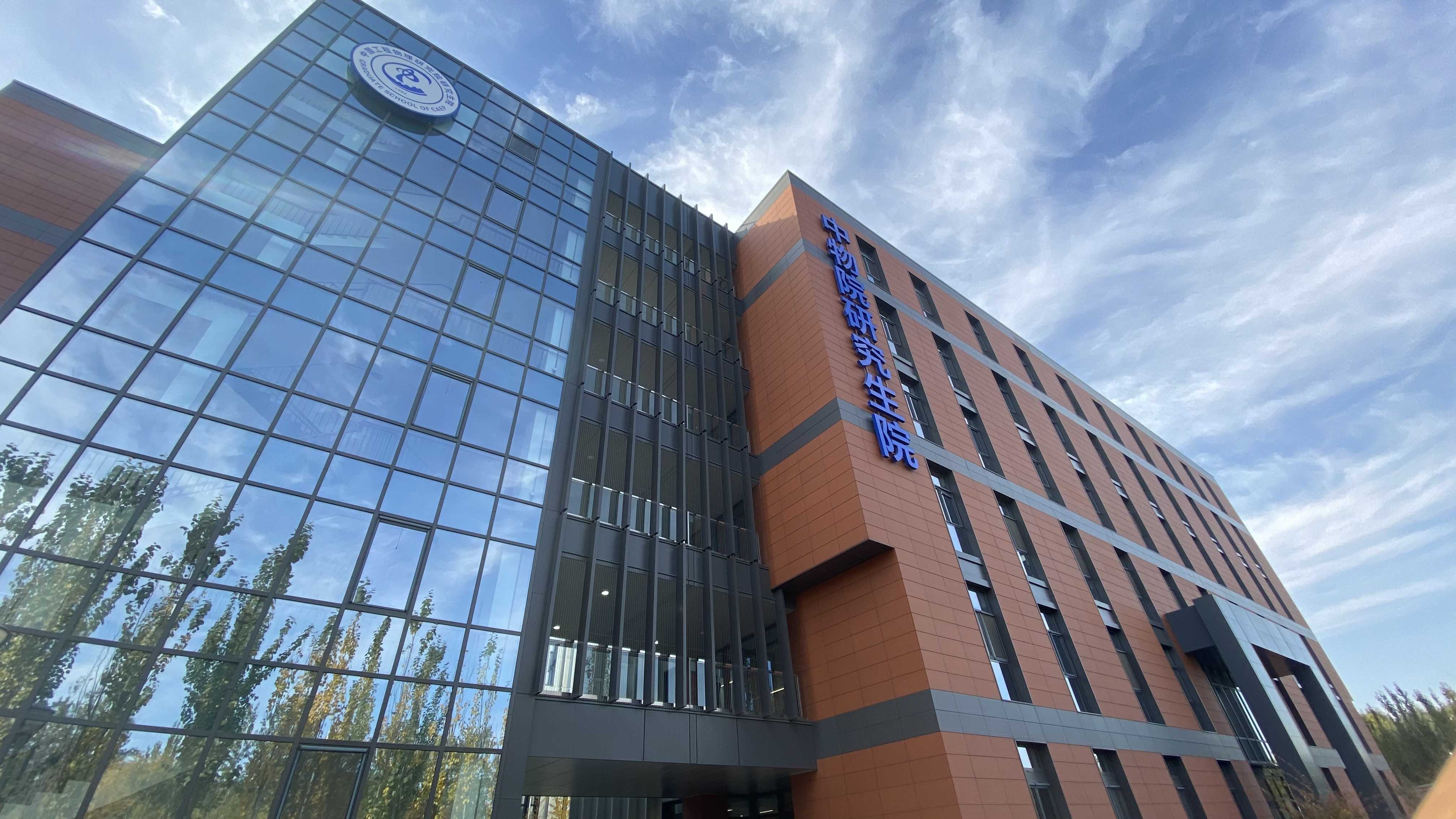
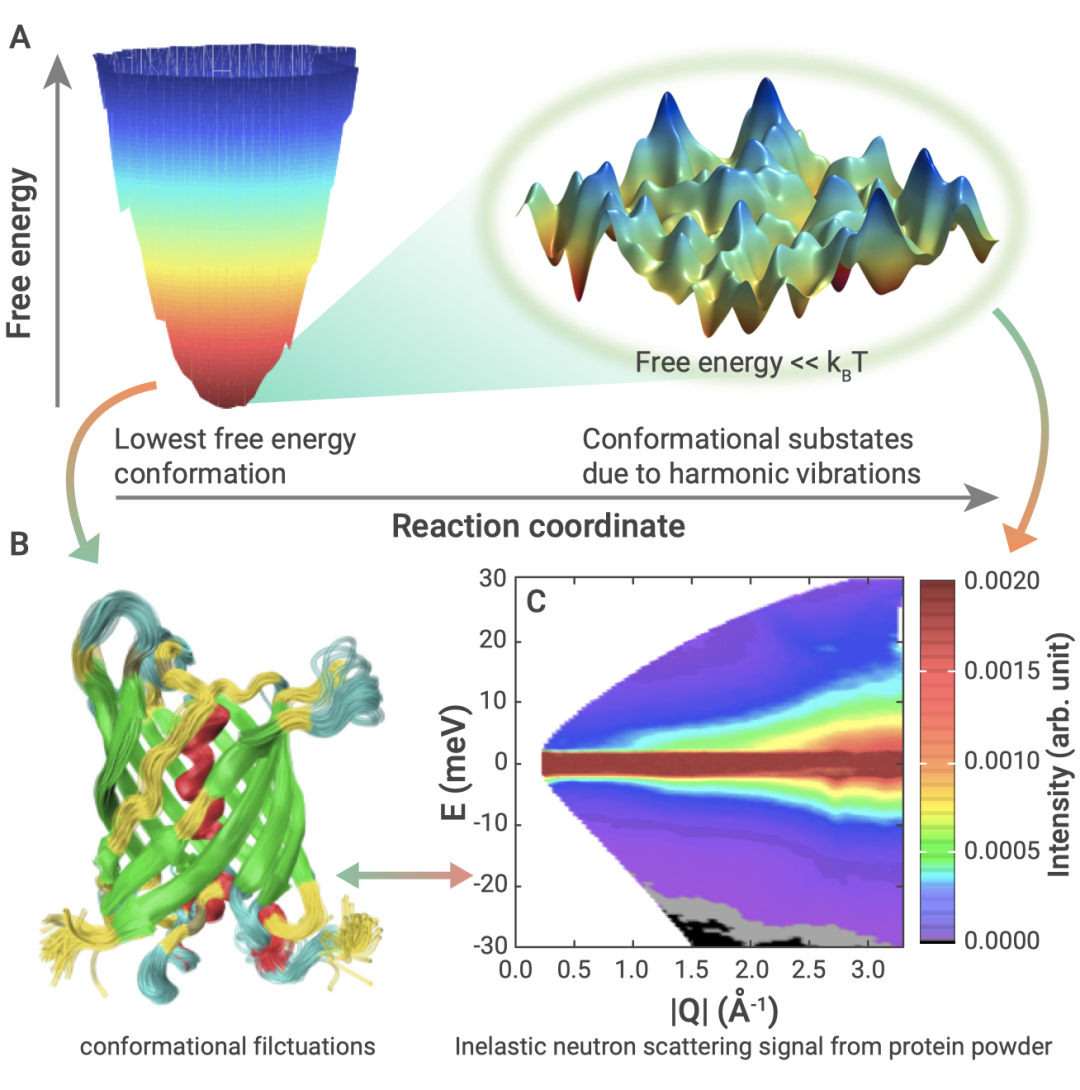

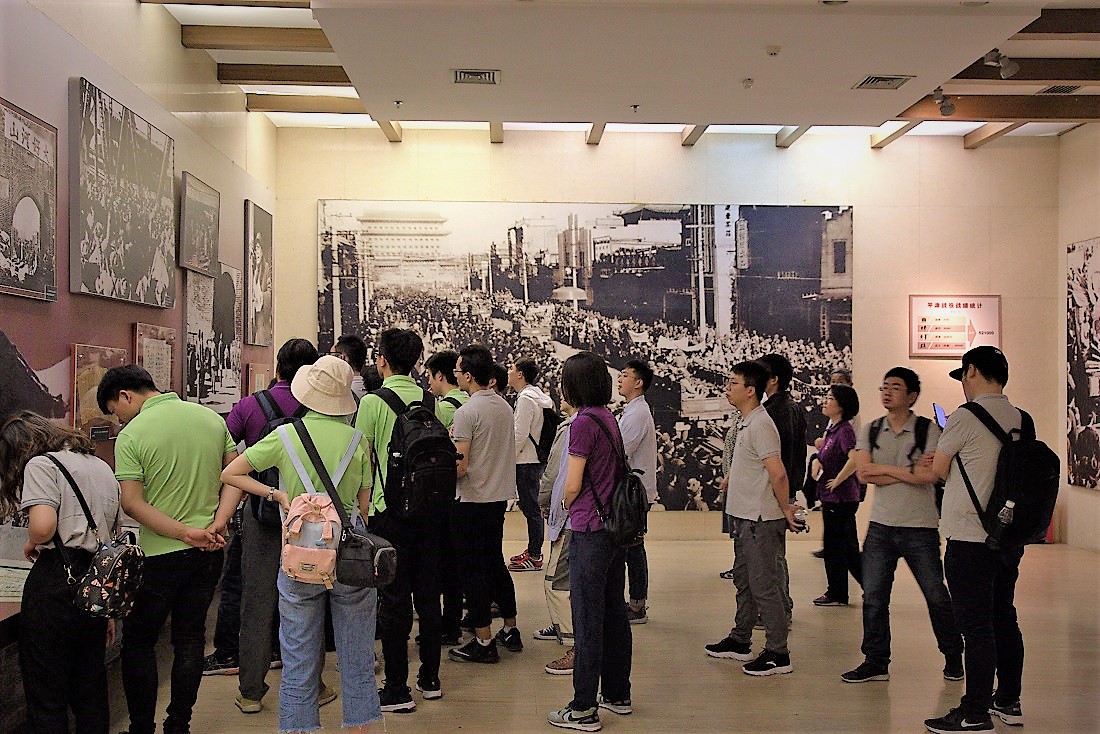









On November 25, 2024, the annual exchange meeting for the NSAF Joint Fund Project of the National Natural Science Foundation was successfully held in Beijing. The meeting was organized by the Graduate School of the China Academy of Engineering Physics, the hosting institution of the project, with the aim of strengthening collaboration and communication with the cooperating research institution, the Institute of Nuclear Physics and Chemistry of the Academy, and reviewing the project’s interim achievements. Participants included Academician Changpu Sun, Chair of the NSAF Joint Fund Expert Group; Researcher Libin Fu, Vice Dean of the Graduate School (acting administrative head); Researcher Jie Liu, the project leader; and core project team members. The meeting was chaired by Researcher Jie Liu.
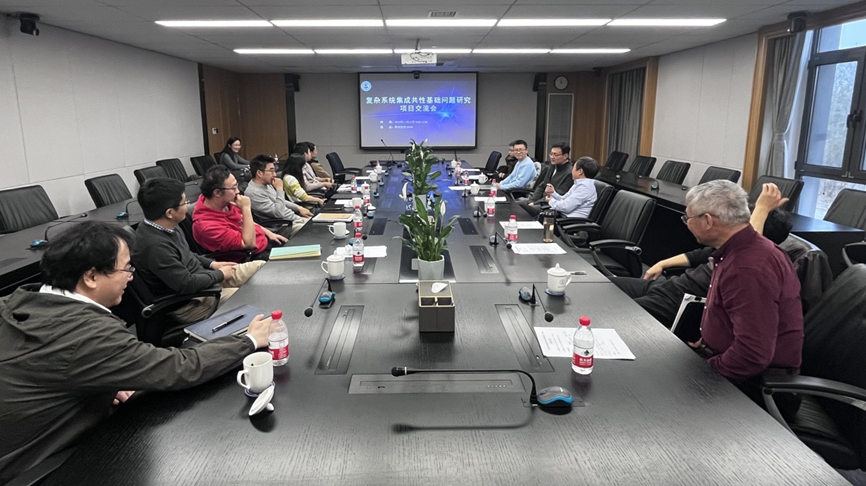
At the meeting, seven core project members presented their research progress, focusing on the project's main research directions: demand-driven precision measurement and practical quantum information processing, the safety and reliability physics of long-term storage complex systems, strong magnetic field materials science and high-energy-density physics, laser nuclear physics for nuclear technology innovation, and the thermal cycling of nuclear systems.

During the discussion session, project members freely expressed their views and engaged in in-depth discussions on issues such as technical details of the project, existing challenges, and future research directions. The attending experts provided valuable opinions and suggestions to the project team, helping them further expand their research ideas, tackle core challenges, and lay a solid foundation for the successful implementation of the project.
